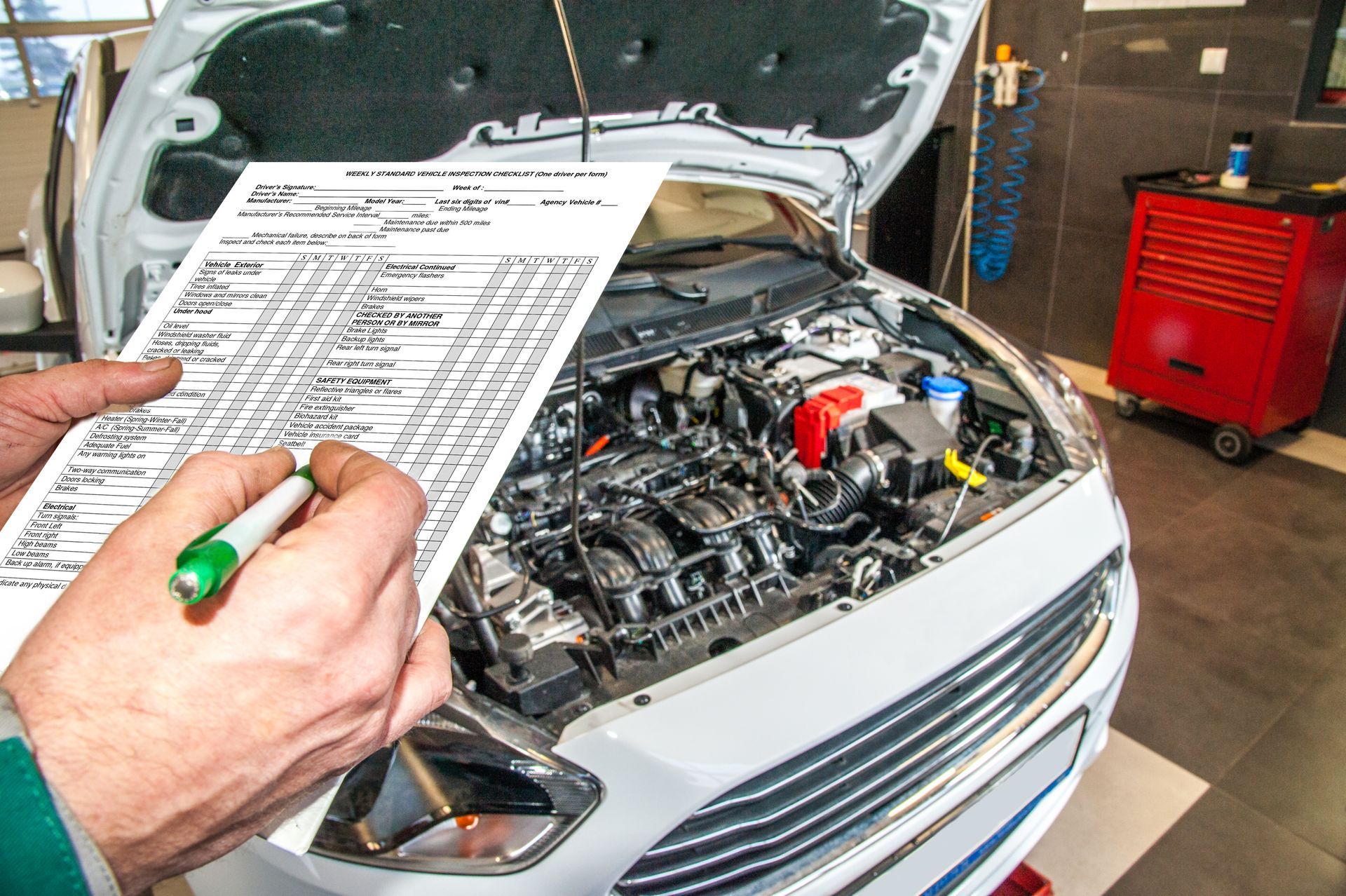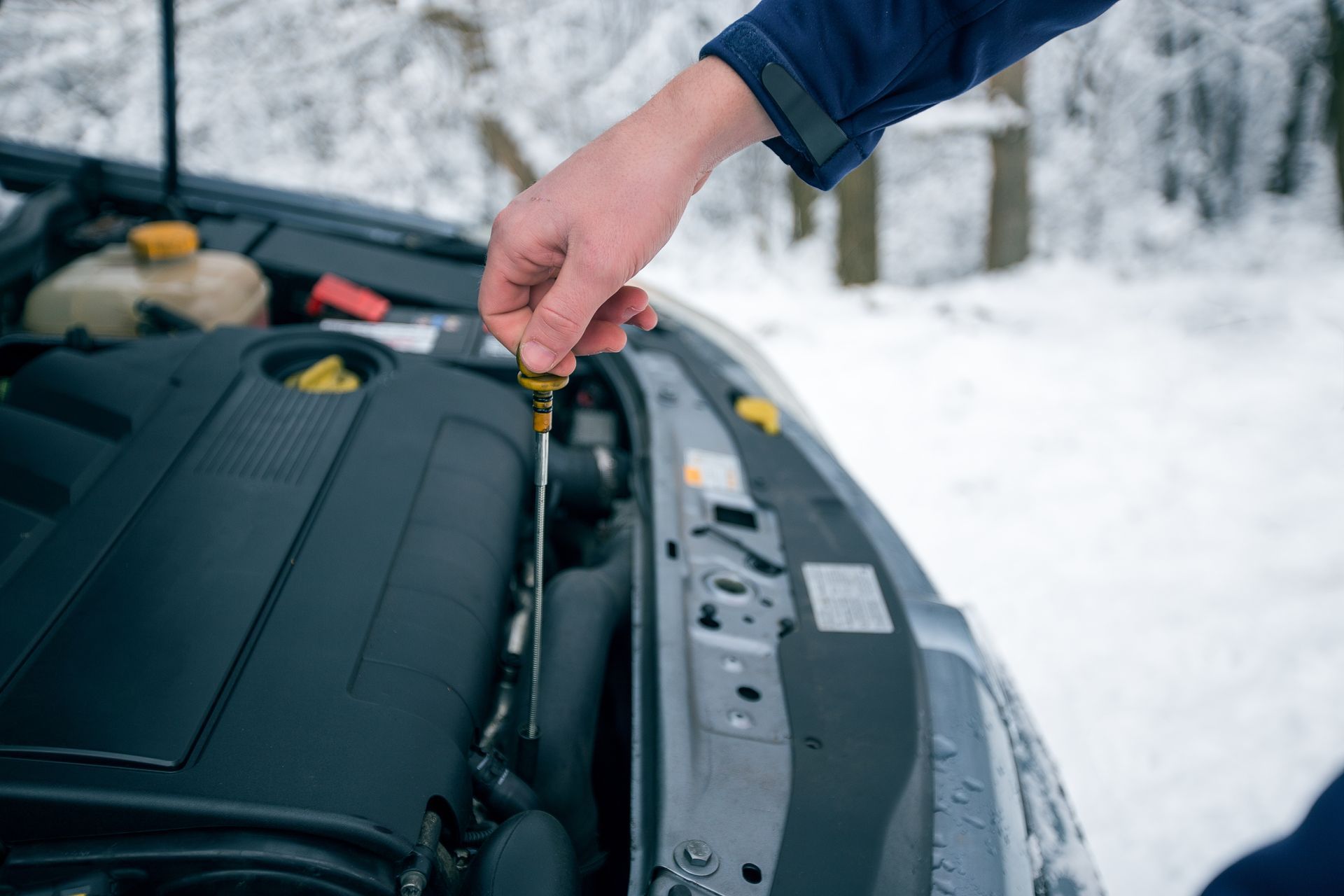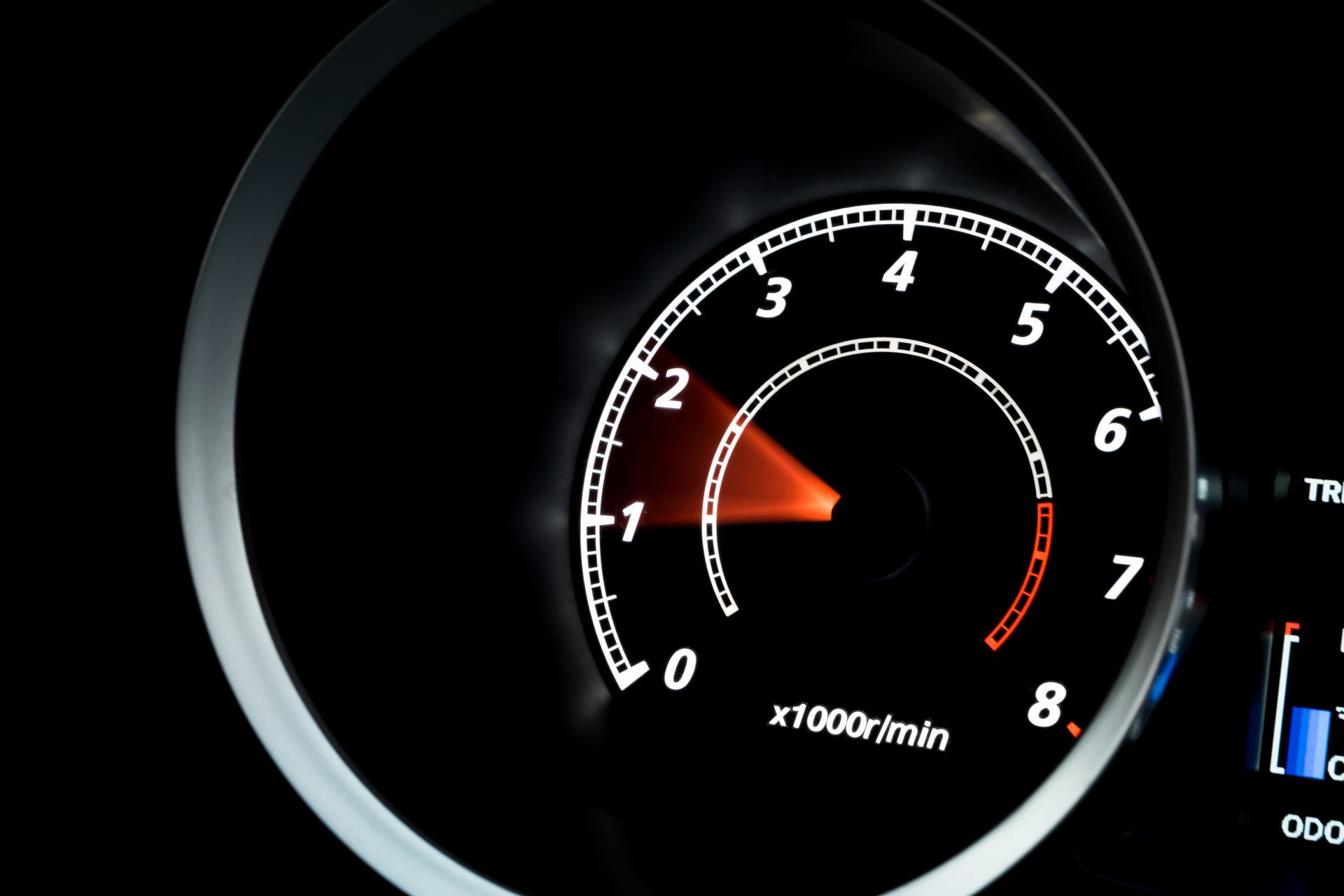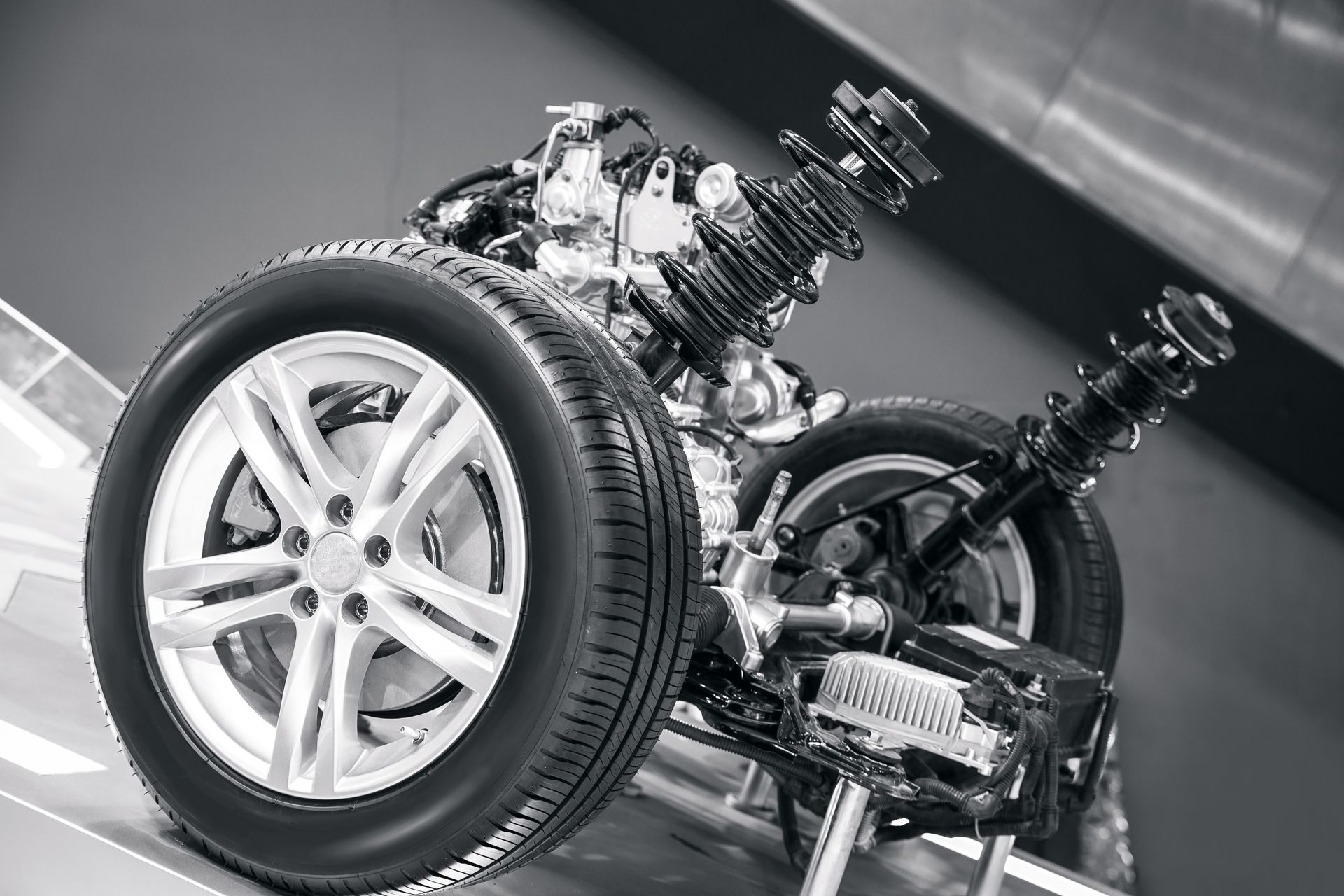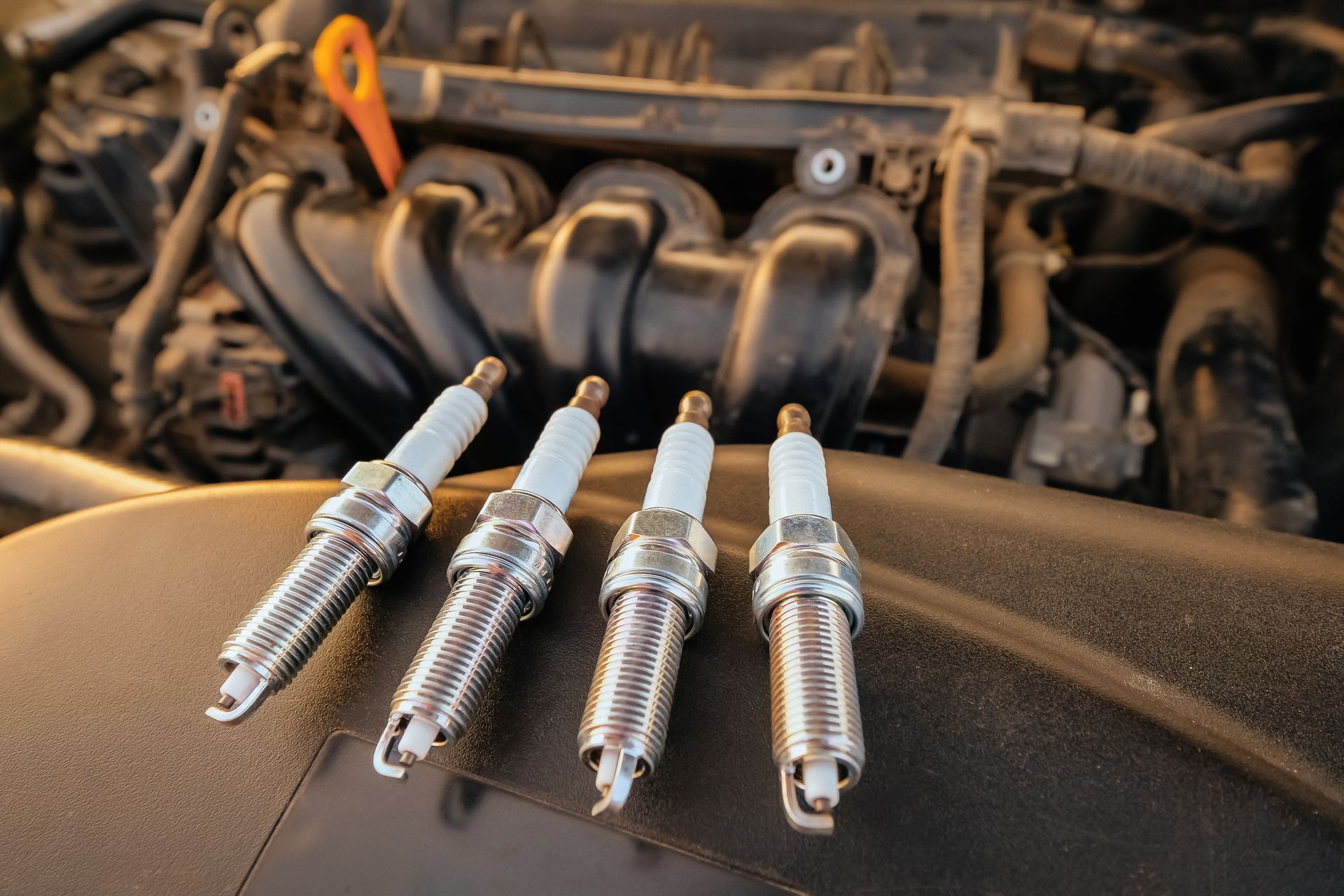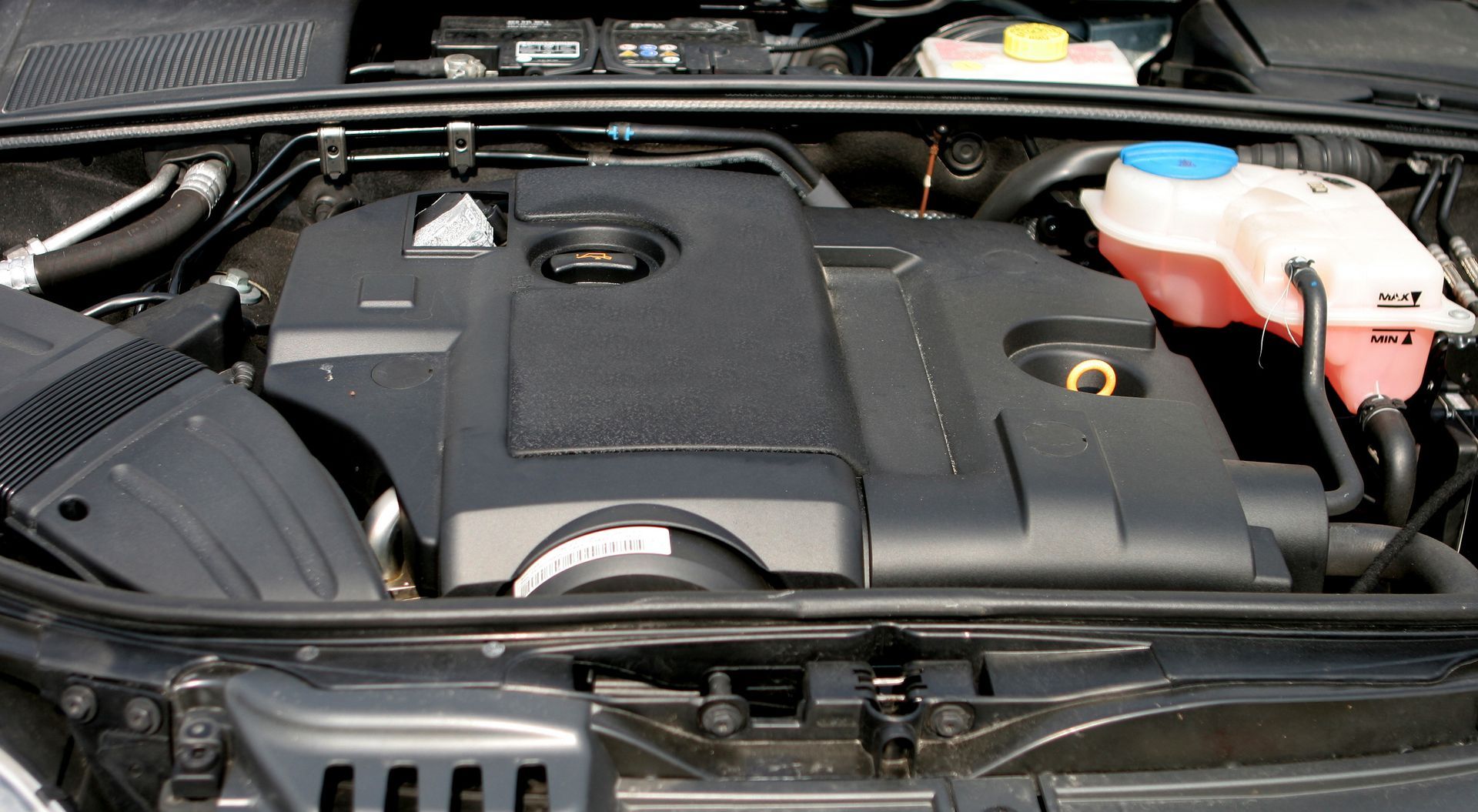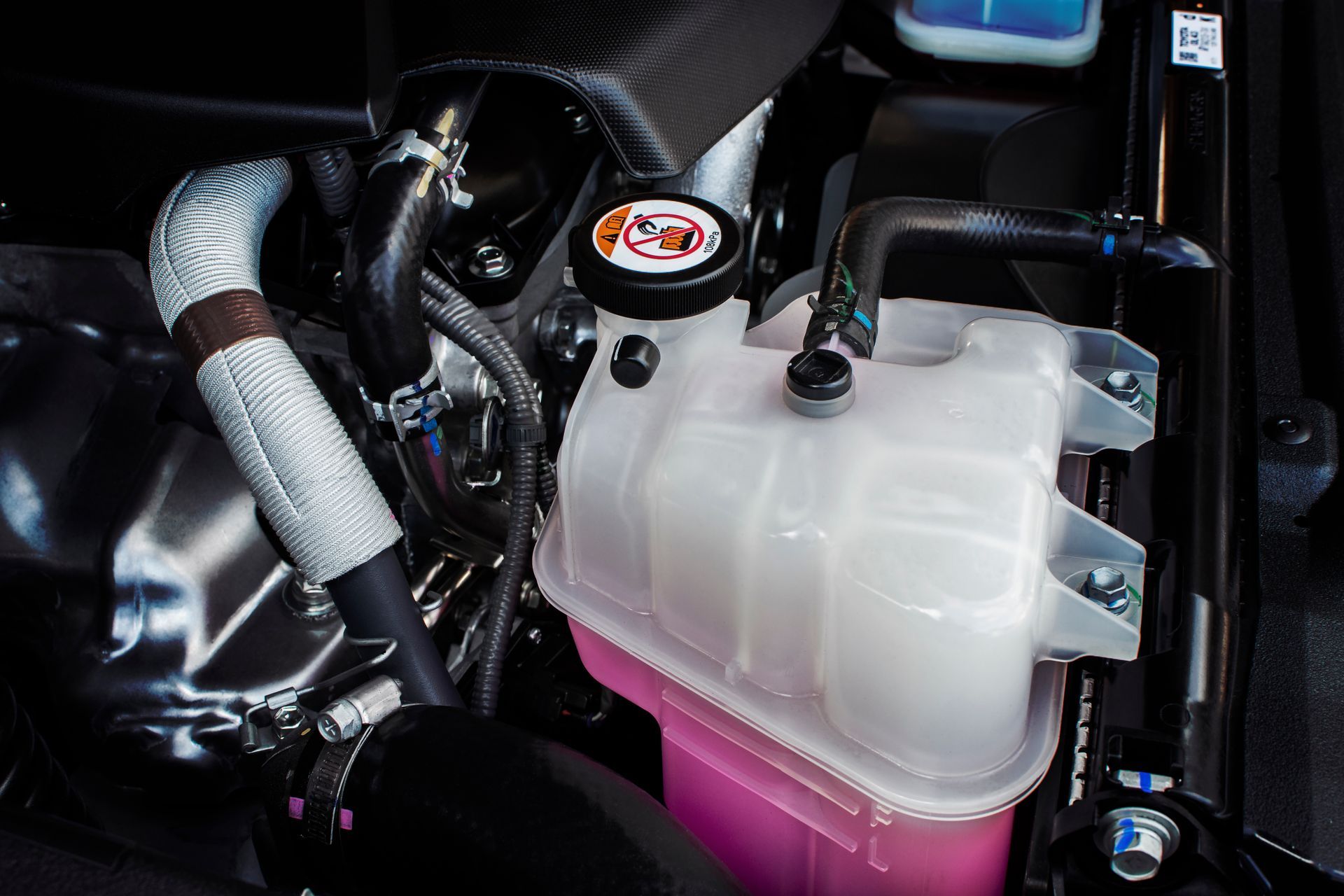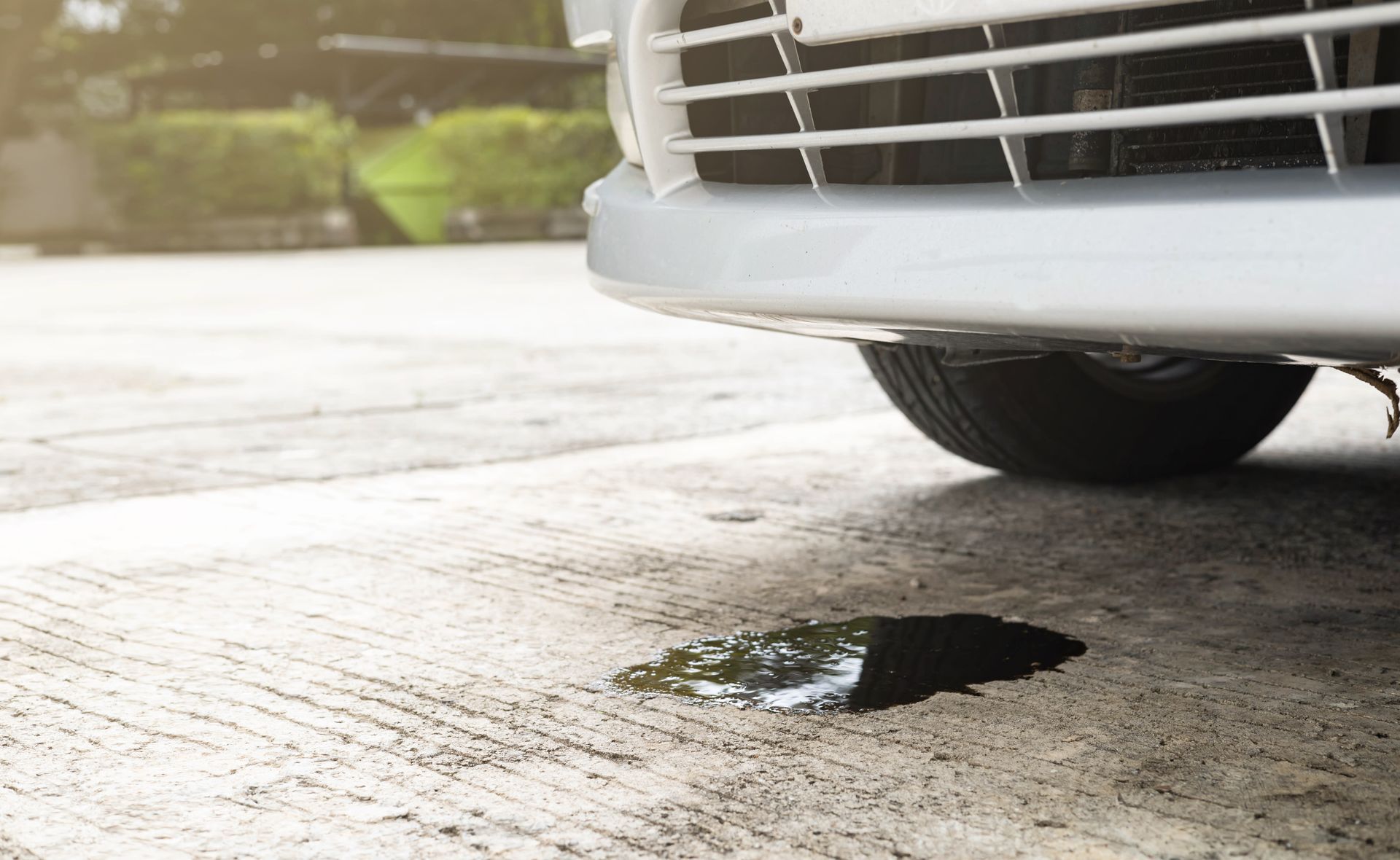Welcome to the diesel vehicle repairs and maintenance world, where the journey towards reliability and performance begins. As diesel vehicles continue to be popular for their robustness and fuel efficiency, understanding the best and worst practices in maintaining them is paramount.
Diesel Engines
At the heart of every diesel vehicle lies its engine, a powerhouse that propels it forward efficiently and steadily. Understanding the intricacies of diesel engines is crucial for effective maintenance. Each component, from fuel injection systems to turbochargers, plays a vital role in optimizing performance. However, neglecting regular checks and maintenance can lead to costly repairs and decreased longevity.
Diesel vs Gasoline Engine
The main difference between diesel and gasoline engines is their ignition process. Diesel engines compress air alone, igniting the fuel with the heat generated from compression. Conversely, gasoline engines use spark plugs to ignite a mixture of fuel and air. This fundamental variance in ignition methods leads to differences in fuel efficiency, torque delivery, and overall performance characteristics between the two engine types.
The Importance of Regular Servicing
Regular servicing is the cornerstone of diesel vehicle maintenance, ensuring all components are in top condition. Scheduled oil changes, filter replacements, and inspections help detect potential issues before they escalate, preventing unexpected breakdowns on the road. By adhering to manufacturer-recommended service intervals, diesel vehicle owners can prolong the lifespan of their engines and maintain optimal performance.
The Pitfalls of DIY Repairs
While DIY enthusiasts may be tempted to tackle diesel vehicle repairs themselves, they must recognize the limitations and risks involved. Diesel engines are complex systems that require specialized knowledge and tools for proper diagnosis and repair. Attempting DIY repairs without adequate expertise can lead to costly mistakes and even damage to the vehicle. In such cases, seeking professional assistance from qualified diesel mechanics is the wisest choice.
Common Maintenance Mistakes
In the world of diesel vehicle maintenance, certain practices can do more harm than good if not executed correctly. For example, overlooking routine checks such as coolant levels, tire pressure, and battery health can result in unexpected breakdowns and costly repairs. Ignoring warning signs, such as unusual noises or dashboard indicators, can also lead to major issues. Diesel vehicle owners can mitigate risks and enjoy a smoother driving experience by staying vigilant and addressing maintenance needs promptly.
What Are The Best and Worst Practices
Best Practices:
- Regular servicing according to manufacturer recommendations.
- Using high-quality diesel fuel with proper lubrication properties.
- Conducting routine checks for oil levels, filters, and fluid levels.
- Addressing warning signs promptly to prevent major issues.
- Seeking professional assistance for complex repairs and diagnostics.
- Following proper storage and maintenance procedures during periods of inactivity.
Worst Practices:
- Neglecting scheduled servicing intervals.
- Using low-quality or contaminated diesel fuel.
- Ignoring warning signs such as unusual noises or dashboard indicators.
- Attempting complex repairs without proper expertise or tools.
- Overlooking routine checks for fluid levels, filters, and tire pressure.
- Storing diesel carts without proper fuel stabilization or maintenance.
Ready to ensure your diesel vehicle runs smoothly for miles to come? Schedule a service appointment at Gibbon Tire and Auto today and experience top-notch maintenance that keeps your car in prime condition.
